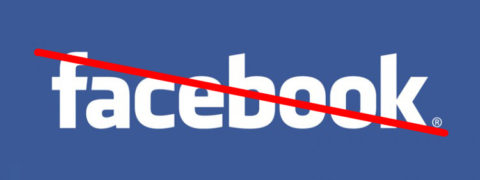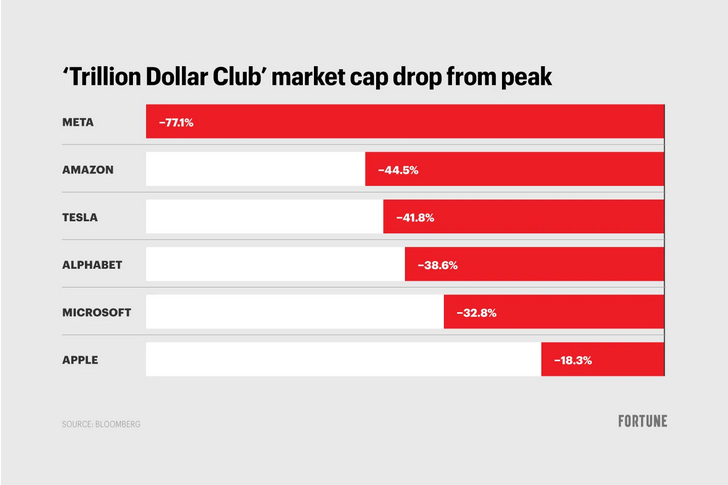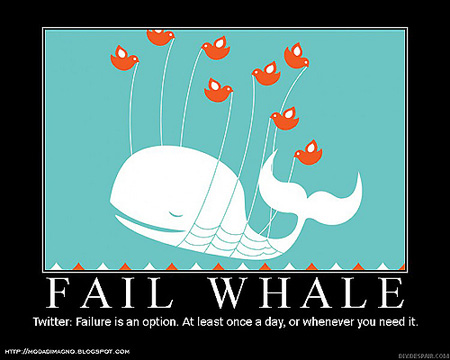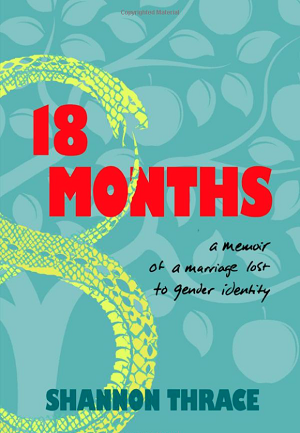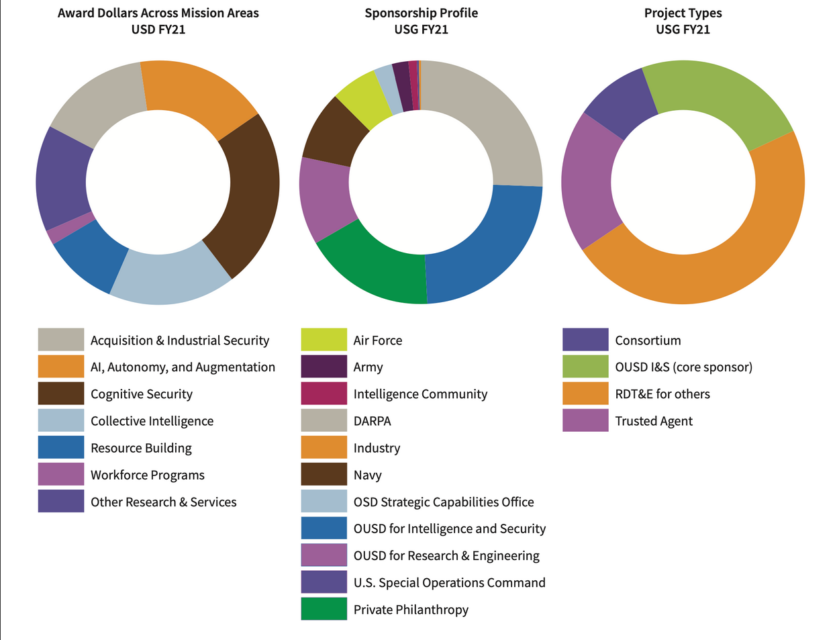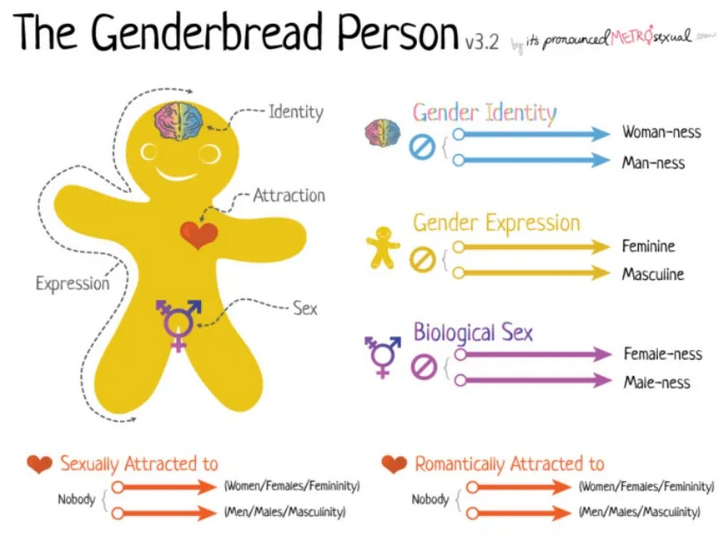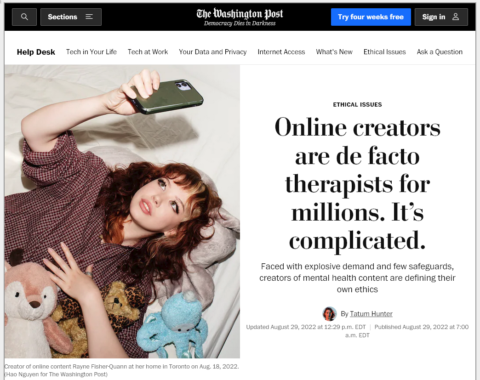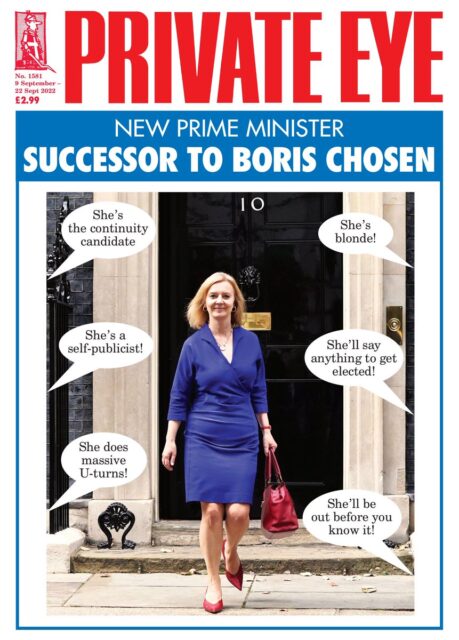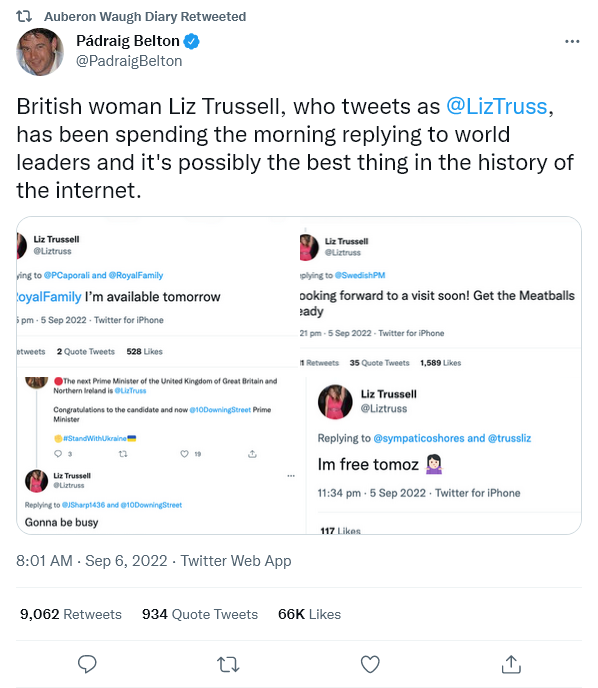I posted a short paragraph from Orwell’s brilliant “Politics and the English Language” essay as a QotD entry earlier this year:
A scrupulous writer, in every sentence that he writes, will ask himself at least four questions, thus: What am I trying to say? What words will express it? What image or idiom will make it clearer? Is this image fresh enough to have an effect? And he will probably ask himself two more: Could I put it more shortly? Have I said anything that is avoidably ugly? But you are not obliged to go to all this trouble. You can shirk it by simply throwing your mind open and letting the ready-made phrases come crowding in. They will construct your sentences for you — even think your thoughts for you, to a certain extent — and at need they will perform the important service of partially concealing your meaning even from yourself.
As Chris Bray shows, things are, if possible, even worse today than in Orwell’s day:
We do not advance. The dominion of the ready-made phrase doesn’t provide a path for advancement. It provides a locked language for a long stalemate that edges into steady decline.
(Stella Morabito covers this ground in a new book, The Weaponization of Loneliness: How Tyrants Stoke Our Fear of Isolation to Silence, Divide, and Conquer, excerpted here in a short package of tremendously useful ideas about the way we shape ourselves to the prevailing discourse to avoid the feeling of isolation.)
So Tracy Beth Høeg graduated from medical school in 2006, and later completed a PhD in epidemiology, then a medical residency. She does medical research and treats patients; you can go to her clinic and get medical help. Another person who went to medical school but then decided not to complete a residency or treat patients or publish peer-reviewed research casually dismisses her as “this Hoeg hag”.
In the dominion of the ready-made phrase, the many prevailing and easily grasped terms of social disapprobation provide comfort. The well-known denunciatory words and phrases give credentialed but unaccomplished people who live with social panic and status anxiety a way to elevate themselves by standing on someone else. That fucking hag, that anti-vaxxer bitch! Something something Koch Brothers something something! This ritual use of social denunciation as a status signal is precisely the dynamic Milan Kundera described in a series of novels about the social practices of late communist societies. The grab bag of social ruin trigger terms is easy for mediocre minds, which are empowered by the ability to shit on people for status without having to do much work.
It’s a psychological wall: white nationalism Fox News anti-vaxxers Koch brothers! You can be important and powerful without doing anything, by performing the degradation of someone who has — using the useful shortcut of the ready-made phrases. You don’t have to do or be; you can signal and display. Status is a performance of familiar words directed at the usual and useful targets. It’s lazy, it’s mindless, and it gets a good number of people through their days. Imagine being the 34,567th public intellectual to slam a Covid vaccine critic on Twitter. So fresh! So brave!



